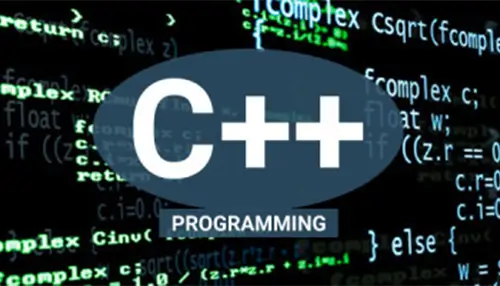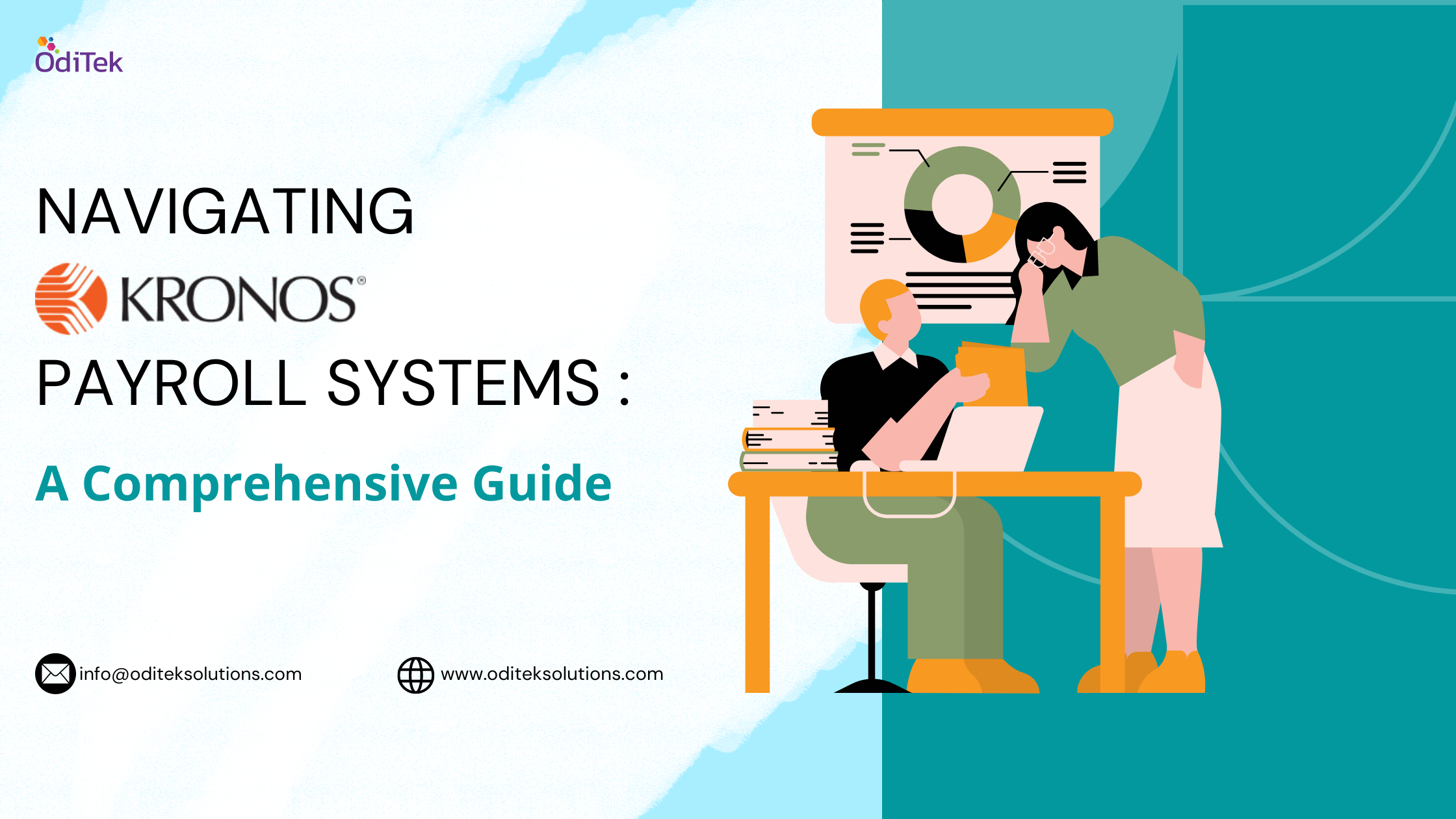Safeguarding anything serves as a prerequisite not only in our personal lives but in the corporate world as well. From enhancing security measures to revolutionizing supply chain management, our avant-garde technology has woven its way into the fabric of our daily lives. In this blog, we delve into the pivotal role of object tracking, exploring its far-reaching impact and the latest technological advancements that propel it forward. When speaking of object tracking, we cannot forget about OpenCV. OpenCV object tracking can work with C++, python, Java, etc. Let’s delve into the blog to know more.
OpenCV object tracking made effective with tools
Now we know that OpenCV stands as a beacon of innovation, offering a versatile suite of tools that have become indispensable for developers and researchers alike. At the heart of this open-source library is its expansive range of capabilities, designed to facilitate image processing, object detection, and machine learning applications.
One of the key strengths of OpenCV lies in its comprehensive set of tools for object tracking. Whether you’re delving into video surveillance or implementing augmented reality solutions, the library provides robust methods and algorithms to precisely locate and monitor objects in real-time. This not only streamlines development but also opens doors to a multitude of possibilities, from automated video analysis to intricate robotics applications.
The flexibility of OpenCV tools extends beyond mere object tracking. The library excels in image processing tasks, empowering users to manipulate, filter, and enhance images with unparalleled precision. From basic operations like resizing and cropping to advanced techniques such as edge detection and contouring, OpenCV’s toolkit is a playground for creative image manipulation and analysis.
Additionally, OpenCV keeps pace with the rapid advancements in technology, ensuring that developers have access to state-of-the-art features. As of the latest OpenCV version, users can leverage cutting-edge tools for deep learning, enabling the development of sophisticated neural networks for image recognition and classification tasks. This constant evolution not only reflects the commitment of the OpenCV community but also positions the library at the forefront of technological progress.
The impact of OpenCV tools reverberates across various industries, from healthcare to automotive, where computer vision plays a pivotal role in shaping the future. Medical imaging applications benefit from OpenCV’s robust algorithms, enhancing diagnostics and improving patient care. In the automotive sector, OpenCV aids in the development of autonomous vehicles by providing the necessary tools for object detection and tracking, ensuring a safer and more efficient transportation landscape.
Advantages of OpenCV
The advantages of OpenCV are diverse and impactful, contributing to its widespread adoption and influence across various industries. Here are seven key advantages that highlight the significance of OpenCV:
1. Versatility in Object Tracking
OpenCV object tracking is unparalleled as its comprehensive set of algorithms allows developers to effortlessly implement robust object tracking mechanisms, enabling applications ranging from video surveillance to augmented reality. The library’s adaptability ensures that objects can be tracked with precision, even in dynamic and challenging environments.
2. Rich Repository of Algorithms
OpenCV boasts a vast repository of algorithms, providing developers with a rich toolkit for image processing and computer vision tasks. From basic operations like resizing and filtering to advanced techniques such as feature extraction and contour analysis, the library caters to a wide spectrum of needs. This abundance of algorithms empowers developers to build sophisticated applications with ease.
3. Real-time Performance
One of the standout features of OpenCV is its ability to deliver real-time performance. The library is optimized for speed and efficiency, making it an ideal choice for applications that require quick and accurate results. Whether it’s real-time video processing or live object tracking, OpenCV object tracking ensures that computations are executed swiftly, without compromising on accuracy.
4. Cross-platform Compatibility
OpenCV’s cross-platform compatibility is a game-changer for developers working across different environments. Whether you’re developing applications on Windows, Linux, macOS, or mobile platforms, OpenCV provides a consistent set of tools and APIs. This versatility streamlines the development process and ensures that applications can be seamlessly deployed across a variety of platforms.
5. Integration with Multiple Programming Languages
OpenCV’s support for multiple programming languages, including C++, Python, and Java, enhances its accessibility for a diverse range of developers. This flexibility allows developers to leverage the language they are most comfortable with while still benefiting from the powerful features of OpenCV. The library’s bindings for various languages contribute to its widespread adoption in the developer community.
6. Community Support and Documentation
The OpenCV community is a vibrant and supportive ecosystem. Developers can tap into a wealth of resources, including forums, documentation, and tutorials. This robust community ensures that users have access to assistance and insights, making it easier to overcome challenges and explore the full potential of OpenCV in their projects.
7. Constant Evolution and Updates
OpenCV’s commitment to staying at the forefront of technological advancements is evident in its regular updates and releases. The library evolves to incorporate the latest trends in computer vision, ensuring that developers have access to state-of-the-art features. This commitment to innovation positions OpenCV as a forward-looking tool, ready to tackle the challenges of tomorrow’s computer vision landscape.
8. Machine Learning Integration
OpenCV seamlessly integrates with machine learning frameworks, fostering the development of intelligent and adaptive computer vision applications. The library provides tools for training models, allowing developers to enhance object recognition and tracking through machine learning algorithms. This integration not only expands the range of applications but also positions OpenCV as a bridge between traditional computer vision techniques and the advancements in machine learning.
9. Extensive Camera Calibration Capabilities
OpenCV excels in camera calibration, a critical aspect of computer vision applications requiring precise image measurements. The library provides comprehensive tools for calibrating cameras, correcting distortion, and ensuring accurate spatial relationships in images. This capability is invaluable in applications such as 3D reconstruction, augmented reality, and robotics, where precise camera calibration is essential for reliable and accurate results. The robust camera calibration features in OpenCV contribute to its reputation as a comprehensive solution for a wide range of computer vision tasks.
Conclusion
To sum up, OpenCV object tracking, emerges as a transformative force. OpenCV’s rich suite of tools not only simplifies object tracking with unparalleled precision but also extends its influence across diverse domains. From enhancing security through video surveillance to fostering innovation in healthcare, automotive and also in corporate sectors.
Looking for software development projects? We at OdiTek with our experienced C++ & Python developers ensure your tailored business needs. Contact us for further information.






